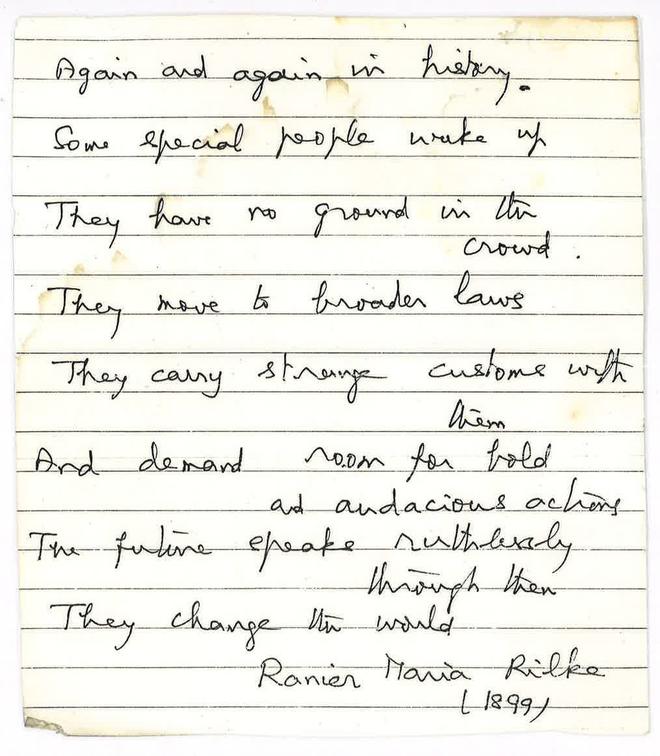In 1990, when M.S. Swaminathan set up his research centre in a small house in Kotturpuram in Chennai, I called on him to enquire about publishing with Macmillan India. “I haven’t got past my first year and you’re sure I have a book in me?” he laughed.
Also Read | Dr M.S. Swaminathan passes away — full coverage
We went on to publish a book a year for the next six years. Those were very difficult manuscripts to prepare. The proceedings of a three-day ‘dialogue’ were recorded, transcribed and then edited. I wearied of the repeated drafts and the “I can’t remember what I meant” remarks from participants when we consulted them to verify statements; but M.S.S. went on patiently, “Let’s put it this way…” Not once did he keep me waiting or push his proofs on to someone else. While leafing through photographs and articles I came across an unusual page in a magazine. A passport-size photograph of him tucked into the corner with the rest of the page covered by an enlarged picture of his palm.
“What’s this?”
“Oh that. Someone is taking photographs of peoples’ palms.”
“What kind of people?” I asked, genuinely puzzled.
He did not reply.
I understood. People who had done something no one else could — outstanding persons whose contributions were remarkable and unmatched.
A studious chap
Another distinguished person I was working with at the same time was Shiv K. Kumar, a poet, teacher, novelist and, before he retired, vice-chancellor of Hyderabad University. On one of his visits to my editorial, he noticed M.S.S.’ books and said, “Swami! Is Swami your author? We were in Cambridge together. Oh, what a studious chap he was. We could never get him to join us in the evenings. We would take a detour to his laboratory where he was eternally slicing potatoes. ‘Come with us, Swami,’ I’d say and he would say ‘No-no, you carry on… I’ve got work to get through.’ Whenever I taunted him about his potatoes, he would say, ‘One day you’ll know how important these potatoes were!’” (Not many people know that Swaminathan’s early research was on potatoes.) Years and years later, long after M.S.S. became famous and school children were writing essays on the ‘Rice Man of India’, there was a function in Hyderabad to which he was invited and brought ceremoniously on to the stage. Kumar went up to him, held his hands and welcomed him with “Swami! You’re not still slicing potatoes, are you!”
In an anthology for undergraduates, the editor Velayudhan and I chose an excerpt from one of M.S.S.’ articles on food and famine. Since it was for English ‘main’, as it was known, Velayudhan wanted to close with a poem about unusual people. We selected Rilke’s poem and my production editor suggested we run it in M.S.S.’s handwriting (in photo).

The writer coordinates a translation project for the Tamil Nadu Textbook and Educational Services Corporation.







